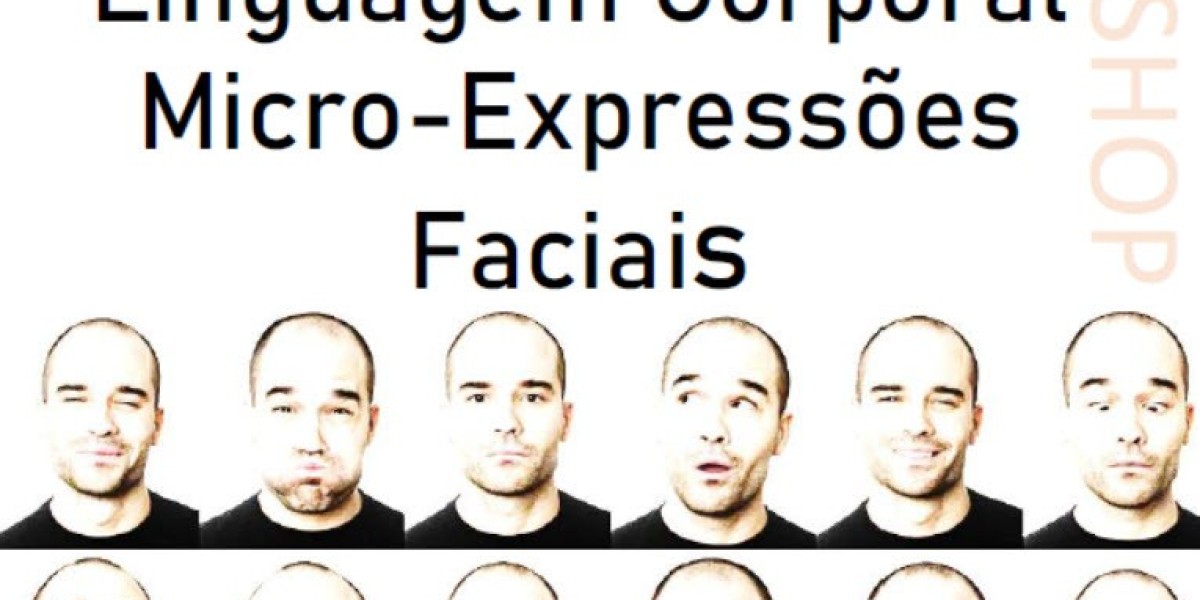El lector debe poder identificarse con ellos o al menos entender sus acciones y resoluciones. Para poder esto, es recomendable detallar aspectos físicos, sicológicos y emocionales de los personajes, así como enseñar sus interacciones con otros personajes y su entorno. Un buen avance de personajes permite al lector meterse emocionalmente en la historia y sentir empatía hacia ellos. Una forma de poder esta conexión es cerciorarse de que los eventos de la trama estén directamente relacionados con los individuos y su desarrollo. Cada acción y cada desafío tienen que tener un propósito en la historia y perjudicar de alguna manera a los individuos principales.
Es importante que esta descripción sea profunda y se muestre cómo afecta al personaje en la trama. Skinner pensaba que la personalidad es nada más y nada menos que una compilación de patrones de comportamiento. En un caso así, diferentes situaciones evocan distintas patrones de respuestas, realizando que cada sujeto desarrolle algunos tipos de comportamiento (Fadiman & Frager, 1986). Los cinco rasgos generales de la personalidad descritos por la teoría son la extraversión (asimismo con frecuencia deletreada como extraversión), la amabilidad, la apertura, la escrupulosidad y el neuroticismo.
Tras el personaje primordial estarían los individuos secundarios que son los que ayudan qual O valor De um exame de bioimpedância? evitan que el personaje primordial cumpla su misión. Son los personajes que se muestran con frecuencia en la historia y que alcanzan a desplazar los hilos de la trama, si bien no tanto como el principal, claro. Es esencial usar los diálogos de manera eficaz, evitando excesos o diálogos insignificantes. Cada diálogo debe tener un propósito claro en la narración y aportar algo nuevo a la historia. Además de esto, es recomendable emplear los diálogos para mostrar, en lugar de contar, admitiendo al lector colegir información por medio de las relaciones de los personajes.
A través de el máster en escritura y narración creativa que te ofrecemos lograras ir un paso mucho más allí y enfrascarte en el estudio de las técnicas narrativas que te transformarán en un escritor profesional.
So say objectivists, however subjectivists really feel the pull of the purpose andusually search to avoid the counterexamples, lest they need to bite thebullet by accepting the meaningfulness of maintaining 3,732 hairs onone’s head and all the remainder (for some who do, see Svensson 2017,54–55; Belliotti 2019, 181–83). One important strategy isto recommend that subjectivists can avoid the counterexamples byappealing to the best type of pro-attitude. Even here, though, objectivists will argue that it might"appear that whatever the will chooses to deal with as a good reasonto have interaction itself is, for the need, a good purpose. But the willitself....craves objective reasons; and infrequently it could not go forwardunless it thought it had them" (Wiggins 1988, 136). And withoutany appeal to objectivity, it's perhaps doubtless that counterexampleswould resurface. There is a different argument for an excessive God-based view thatfocuses less on God as purposive and more on God as infinite,unlimited, or ineffable, which Robert Nozick first articulated withcare (Nozick 1981, 594–618; see also Bennett-Hunter 2014;Waghorn 2014). The core thought is that for a finite condition to bemeaningful, it should acquire its that means from one other condition that hasmeaning.
Lack of a deeper sense of meaning or purpose
Most analytic philosophers writing on meaning in life have been tryingto develop and evaluate theories, i.e., fundamental and generalprinciples, that should capture all the particular ways that alife may get hold of meaning. As in moral philosophy, there arerecognizable "anti-theorists," i.e., those that maintainthat there is too much pluralism amongst which means conditions to be ableto unify them in the form of a principle (e.g., Kekes 2000; Hosseini2015). Arguably, although, the systematic seek for unity is toonascent to be able to draw a agency conclusion about whether it isavailable. Gratuitous cruelty or destructiveness are prima faciecandidates for actions that not merely fail to add meaning, but alsosubtract from any meaning one’s life may need had.
Non-philosophers are typically fairly pissed off by theback-and-forth that outcomes from theoretical definitions. To that finish,some favor operational (or working) definitions,ones that work in practice to slim down the vary of phenomena underconsideration. This approach is often not thought of a sort ofdefinition by philosophers (see Gupta 2021). For instance, NASA’soperational definition of life as "a self-sustaining chemicalsystem capable of Darwinian evolution" (Joyce 1994) mightinclude viruses while excluding mules. The lack of depth of anoperational definition can frustrate theoretically minded folks,together with other scientists. If this describes you, you’re sustained by these relationships in a method that human relationships don’t replace. While I love my dog Barnaby, I don’t really feel this myself — however many people really feel like one thing essential is missing if they don’t have a canine or cat (or less conveniently, a horse) of their lives.








